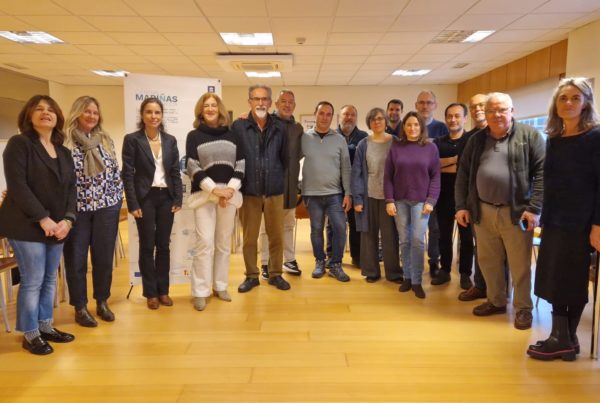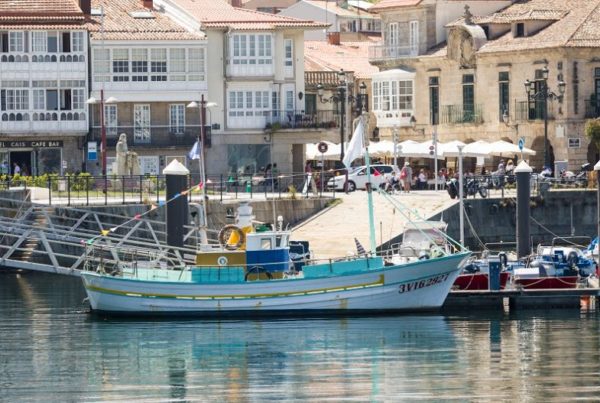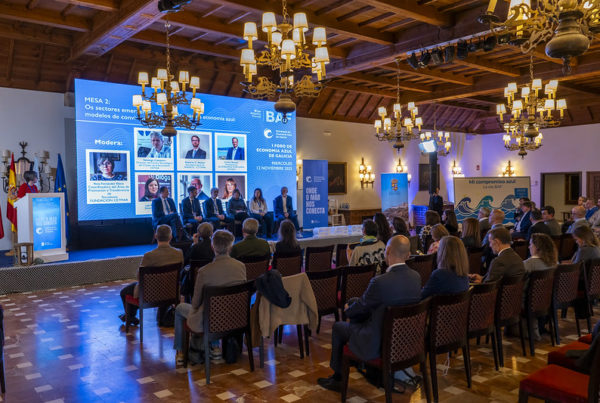CETMAR promotes improved seed production and strengthened technical capacities of aquaculture producers in Peru
The Centro Tecnológico del Mar–Fundación CETMAR, within the framework of the Xunta de Galicia’s Galician Cooperation policy, is promoting in Peru the MAR Piura project, an international cooperation initiative aimed at increasing the sustainability of the value chain associated with fisheries and aquaculture activities in the Piura region. The programme is carried out in coordination with the Peruvian Ministry of Production (PRODUCE) and the National Fisheries Development Fund (FONDEPES), with the objective of strengthening business initiatives in the Bay of Sechura and reinforcing governance mechanisms to enhance their capacity to adapt to the effects of climate change.
The project is structured around three main lines of work. The first focuses on improving the production chain of the Peruvian scallop (concha de abanico) in the Bay of Sechura by strengthening the technical capacities of the OSPAS for seed production and handling in laboratory settings, enabling progress towards more efficient and climate-resilient aquaculture systems.
The second line seeks to strengthen marketing processes led by women, supporting their professionalisation in order to reduce economic vulnerability. Finally, the third work line focuses on institutional strengthening, promoting the training of technical staff from public entities linked to aquaculture and marine tourism, as well as fostering coordination spaces that support the design of production models and experiential tourism initiatives aligned with environmental conservation and economic diversification in the region.
First action of the project: technical training for OSPAS in Casma from 1 to 5 December
As the first operational milestone of the initiative, an intensive training activity will be held from 1 to 5 December for OSPAS technicians, covering protocols for maintenance, cleaning and optimisation of the scallop production cycle during the hatchery and pre-fattening stages. This action aims to reduce dependence on natural spat collection, which is increasingly affected by climate change.
Representatives from the OSPAS AREMAR, Sec Yurac and Aquaseed will take part, as well as students from the Ricardo Ramos Plata Institute in Sechura, selected for their strong interest in advancing towards a more sustainable seed supply system.
Throughout the sessions, participants will deepen their knowledge of broodstock selection and conditioning, phytoplankton cultivation and systematic water quality control. They will also work on cleaning, disinfection and sanitary prevention protocols, as well as larval and seed handling techniques.
Another important aspect will be the protocolisation of the different stages of laboratory cultivation and the proper recording and analysis of production data, with the aim of ensuring more efficient and standardised processes.






